
Homeowners insurance information
Find homeowners insurance tips and facts to help you understand your coverages, personalize your policy, and navigate the claims process.
Explore Progressive's editorial standards for Answers articles to find out why you can trust the insurance information you find here.
Home insurance article results


Can home improvement projects lower your insurance rate?
6 minute to read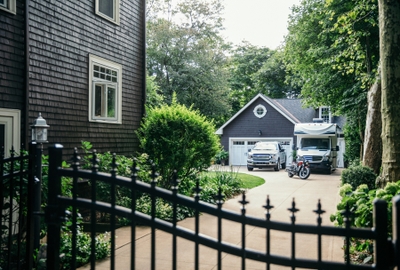
Are driveways covered by homeowners insurance?
2 minute to read
Does homeowners insurance cover landscaping damage?
3 minute to readWhat are insurance riders?
4 minute to read
What does hail damage look like on a roof?
5 minute to read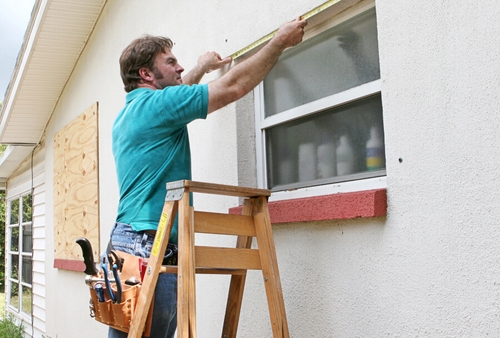
How to prepare your home for severe weather
Make sure your home is protected from severe weather with our severe weather preparedness checklist.
3 minute to read
Will homeowners insurance cover a civil lawsuit?
3 minute to read
Does homeowners insurance cover damage caused by a power surge?
4 minute to read
How to prepare for a hailstorm
4 minute to read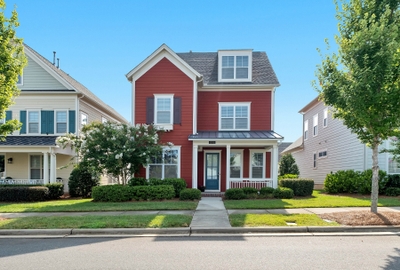
Does homeowners insurance cover damage caused by contractors?
4 minute to read
Does home insurance cover broken windows?
4 minute to read
What is refinancing a home?
5 minute to read
Does homeowners insurance cover water back-up and sump overflow?
2 minute to read
Does homeowners insurance cover damage to siding?
2 minute to read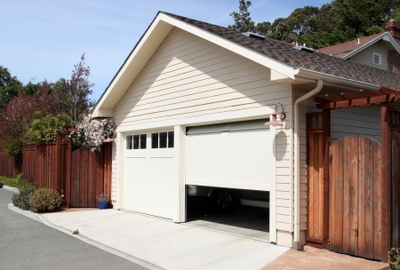
Does homeowners insurance cover a furnace or boiler?
5 minute to readHow does homeowners insurance work?
4 minute to read
How does mobile home insurance work?
3 minute to read
Does homeowners insurance cover foundation repairs?
3 minute to read
Does homeowners insurance cover swimming pools?
4 minute to read
Does home insurance cover solar panels?
2 minute to read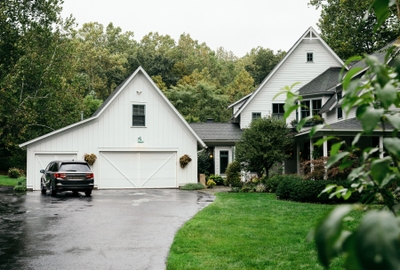
Are you covered if someone gets hurt on your property?
2 minute to read

Quote homeowners insurance online or call for advice
Learn more about home insurance policies.











